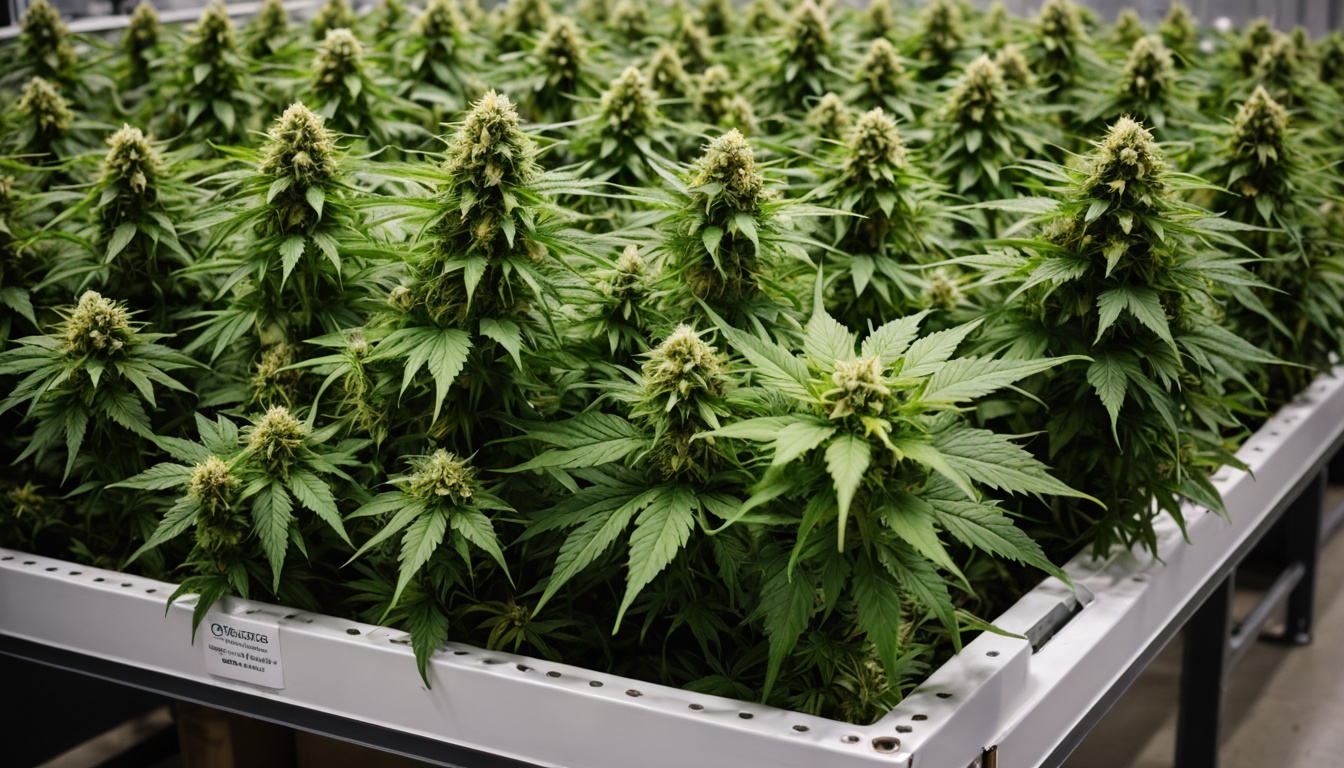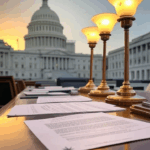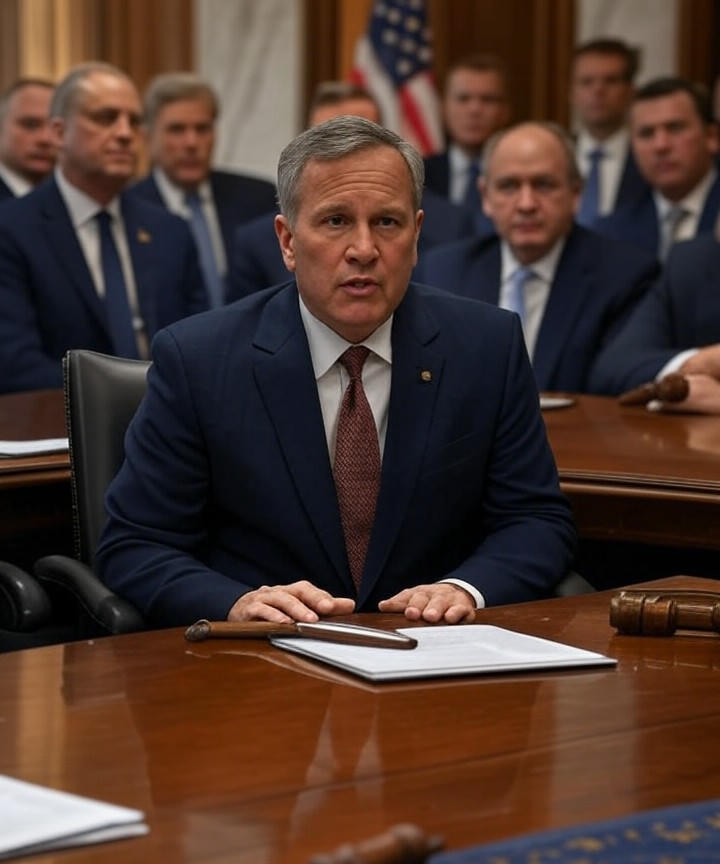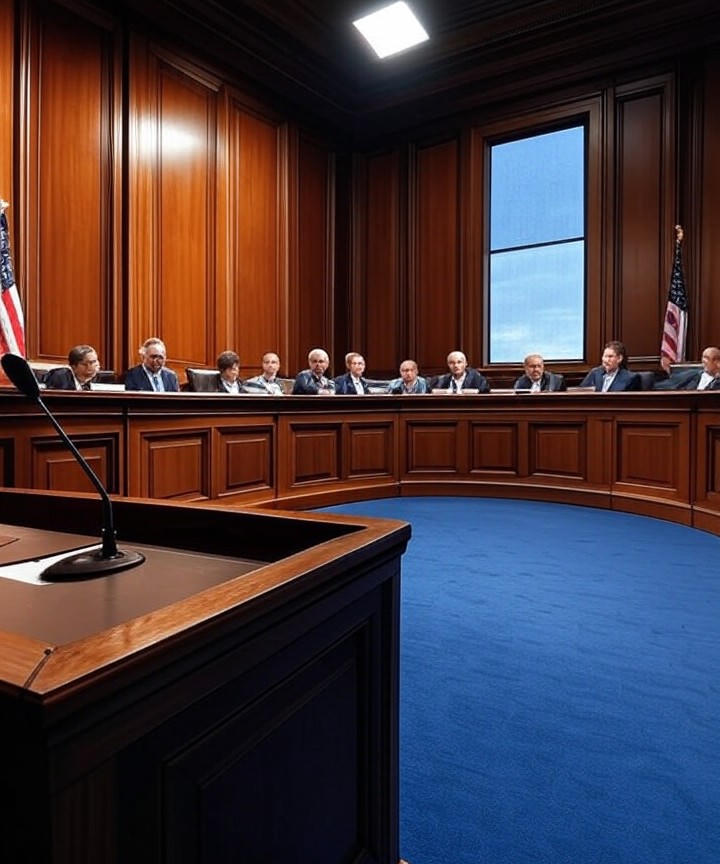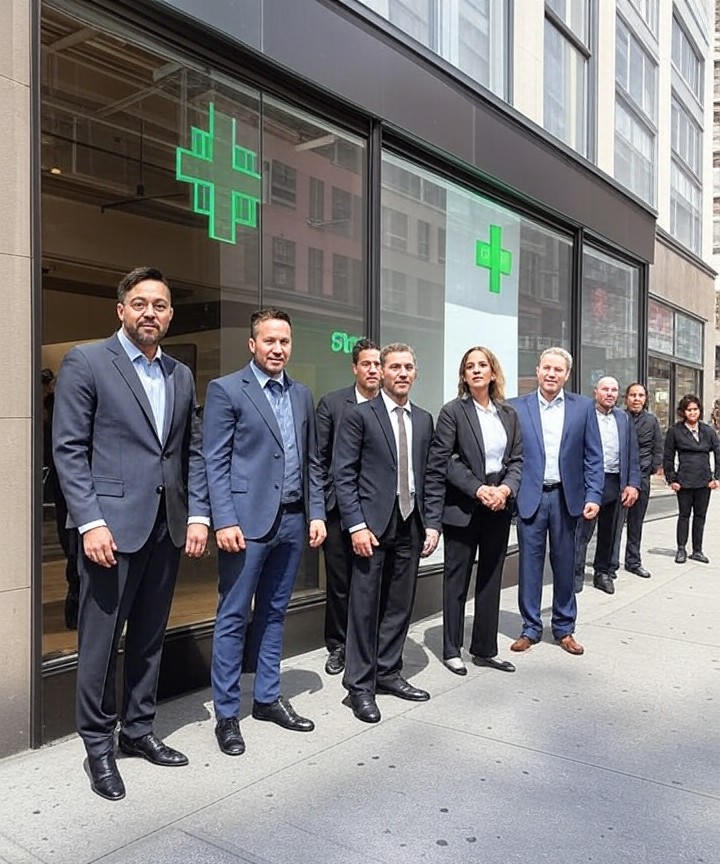Cannabis Businesses Face Setback in Bid to Challenge Federal Law
A federal appeals court has dealt a blow to cannabis businesses seeking to challenge the federal government’s authority to regulate the industry. The US Court of Appeals for the First Circuit ruled that businesses have no fundamental right to cultivate and sell marijuana, even in states where it is legal.
The case, brought by Massachusetts-based cannabis businesses, argued that the federal Controlled Substances Act (CSA) is unconstitutional because it restricts their ability to operate legally. The businesses, represented by attorney David Boies, claimed that the CSA only applies to interstate commerce and does not give the federal government the authority to regulate marijuana sales within a state’s borders.
However, the First Circuit disagreed, holding that the federal government has the power to regulate marijuana commerce within a state’s borders. The court also rejected the businesses’ argument that changing federal attitudes and legislation towards marijuana render the US Supreme Court’s 2005 ruling in Gonzales v. Raich void.
In that ruling, the Supreme Court held that Congress has the authority to apply the CSA to personal marijuana cultivation and possession. The First Circuit panel, which included Chief Judge David Barron and Judges Julie Rikelman and Lara Montecalvo, concluded that the CSA remains fully intact and applies to commercial marijuana activity, including the sale of marijuana for non-medical purposes.
The ruling is a significant setback for cannabis businesses seeking to challenge the federal government’s authority over the industry. It also underscores the ongoing tension between federal and state laws regarding marijuana, which remains illegal under federal law despite being legal in many states for medical or recreational use.

